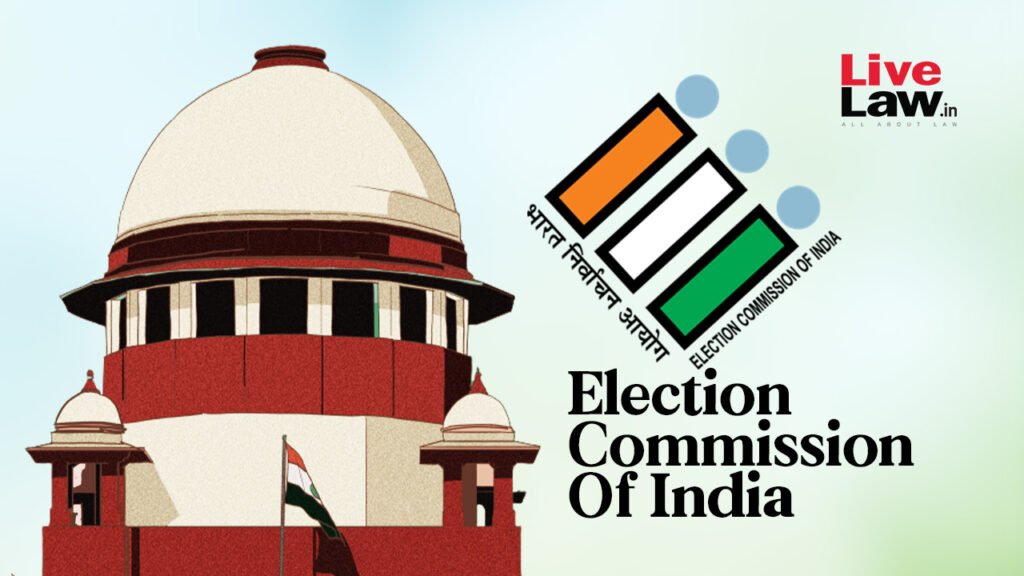
The Election Commission of India Delhi is the authoritative body responsible for administering election processes in India at all levels—national, state, and local. Established in 1950, the commission operates as an independent constitutional authority, ensuring free and fair elections. Located in Delhi, the capital of India, the Election Commission plays a crucial role in upholding democratic values and ensuring the smooth conduct of elections.
In this article, we will explore the history, structure, functions, and significance of the Election Commission of India Delhi, along with its impact on the democratic process in India.
History of the Election Commission of India Delhi
The Election Commission of India (ECI) was established on January 25, 1950, under Article 324 of the Indian Constitution. Initially, it was a single-member body, but it later evolved into a multi-member commission. The commission’s headquarters is located in New Delhi, from where it oversees electoral processes across the country.
Evolution of the Election Commission
1950-1989: The commission functioned with a single Chief Election Commissioner (CEC).
1989: The commission became a multi-member body with the appointment of two additional Election Commissioners.
1993-present: The three-member format became permanent, consisting of the Chief Election Commissioner and two Election Commissioners.
Structure of the Election Commission of India Delhi
The Election Commission of India Delhi comprises three primary officials:
Chief Election Commissioner (CEC): The head of the commission, responsible for leading election-related operations.
Two Election Commissioners: Assist the CEC in decision-making and overseeing electoral activities.
Election Officials and Staff: Includes various officers at state and district levels who execute election-related tasks.
Appointment and Tenure
The President of India appoints the Chief Election Commissioner and Election Commissioners.
They serve for a tenure of six years or until they reach the age of 65 years, whichever comes first.
The CEC cannot be removed from office except through impeachment, ensuring independence and impartiality.
Functions and Responsibilities of the Election Commission of India Delhi
The Election Commission of India Delhi performs multiple functions to ensure a transparent and democratic electoral process. These functions include:
1. Conducting Elections
The ECI is responsible for conducting elections for:
Lok Sabha (House of the People)
Rajya Sabha (Council of States)
State Legislative Assemblies and Councils
President and Vice President of India
Panchayats and Municipalities (in Union Territories)
2. Electoral Reforms
The commission constantly works on improving election laws and practices. It recommends reforms to the government to ensure a free, fair, and transparent electoral process.
3. Political Party Registration and Regulation
The ECI registers and monitors political parties, ensuring they comply with electoral laws. It can also de-register parties that violate guidelines.
4. Model Code of Conduct (MCC) Implementation
The Model Code of Conduct (MCC) is a set of guidelines political parties and candidates must follow during elections. The ECI enforces MCC to prevent malpractices, hate speech, and unethical campaigning.
5. Voter Registration and Awareness
The commission runs voter registration drives, ensuring every eligible citizen is enrolled in the electoral rolls. It also conducts awareness campaigns under initiatives like SVEEP (Systematic Voters’ Education and Electoral Participation).
6. Monitoring Election Expenditure
The Election Commission of India Delhi tracks and regulates election expenditures to prevent corruption and misuse of funds by candidates and parties.
7. Use of Technology in Elections
The commission has introduced Electronic Voting Machines (EVMs), Voter Verified Paper Audit Trails (VVPATs), and online services to modernize election processes and improve efficiency.
Challenges Faced by the Election Commission of India Delhi
Despite its robust framework, the ECI faces several challenges in maintaining electoral integrity. These include:
Electoral Violence: Ensuring peaceful elections in conflict-prone regions.
Money Power in Elections: Controlling excessive election expenditure.
Fake News and Misinformation: Preventing the spread of false information.
Booth Capturing and Voter Fraud: Addressing issues of voter intimidation and fraud.
Political Pressure: Maintaining independence from government influence.
Key Achievements of the Election Commission of India Delhi
Introduction of EVMs (Electronic Voting Machines): Reduced chances of tampering and counting errors.
Implementation of VVPATs (Voter Verified Paper Audit Trails): Enhanced transparency in vote counting.
NOTA (None of the Above) Option: Allowed voters to reject all candidates if none were satisfactory.
Accessible Elections for Persons with Disabilities: Ensured inclusive voting.
SVEEP Campaigns: Increased voter awareness and turnout.
Recent Developments and Future of the Election Commission of India Delhi
The commission is exploring online voting options for Non-Resident Indians (NRIs) and migrant voters.
Artificial Intelligence (AI) and blockchain technology are being considered for better election security.
The push for electoral funding transparency is gaining momentum to reduce black money in elections.
Conclusion
The Election Commission of India Delhi is the backbone of Indian democracy, ensuring elections are conducted fairly and transparently. Over the decades, it has evolved to meet modern challenges while upholding democratic principles. As India moves forward, the commission continues to play a pivotal role in strengthening electoral democracy by implementing innovative measures and reforms.
By safeguarding free and fair elections, the Election Commission of India Delhi remains a symbol of trust and integrity, empowering Indian citizens to exercise their democratic rights effectively.
